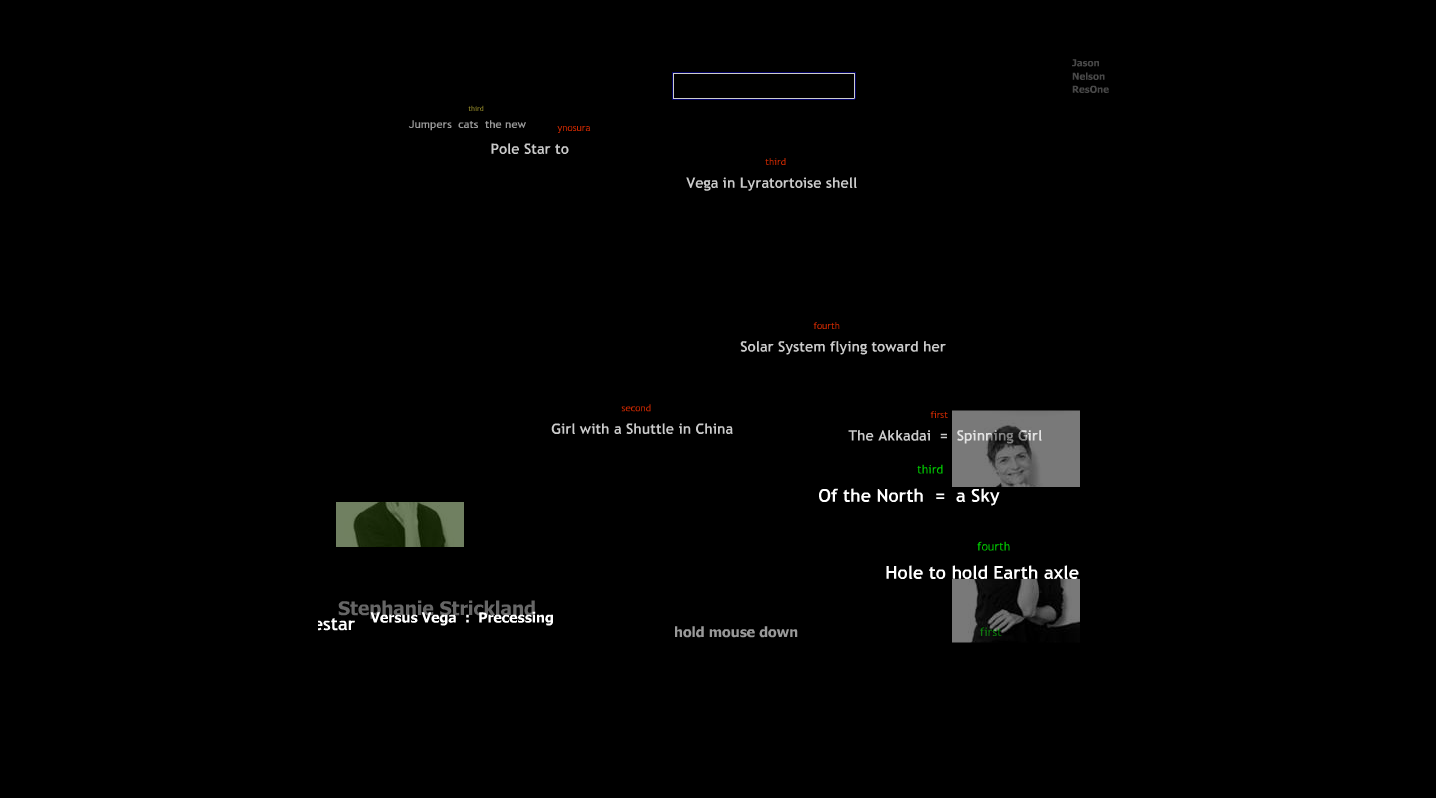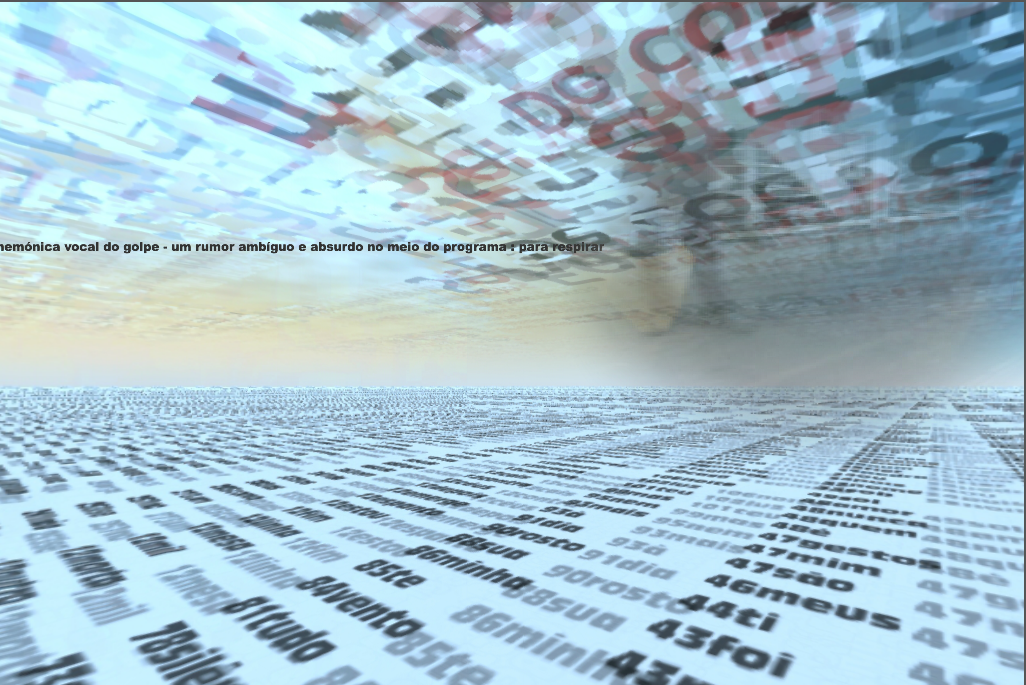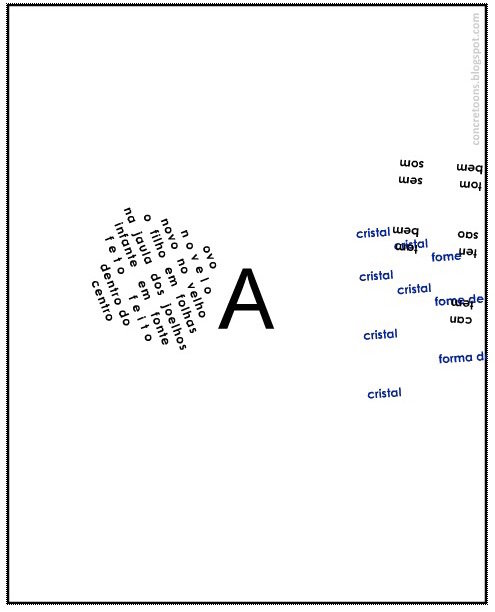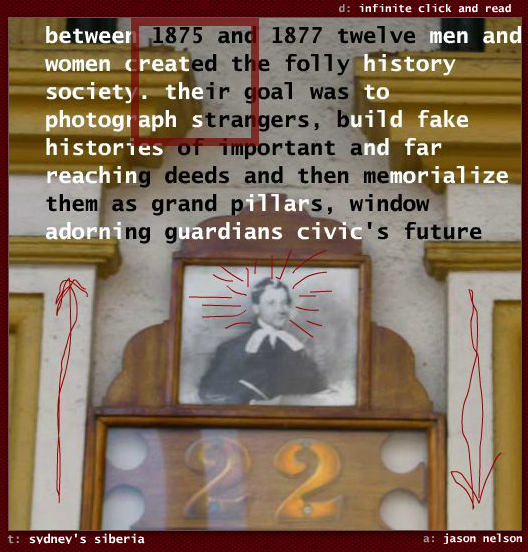Digital Research and Electronic Literature
Élika Ortega
Institute for Digital Research in the Humanities
elikaortega@ku.edu
Postdoctoral Research Day
University of Kansas
May 7th, 2015
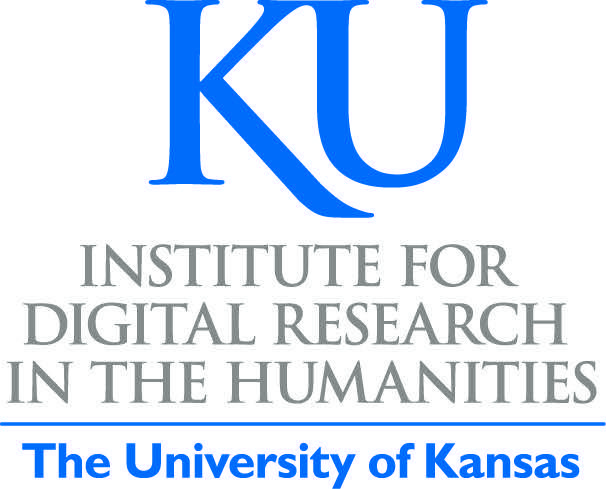
Digital Research in the Humanities
---
Digital Humanities
Interdisciplinary field at the intersection:
- computational approaches to the humanities
- humanistic approaches to digital media and digital cultural products
- new forms of scholarly outputs and publication
Computational approaches to the humanities
- Data mining
- Text and natural language analysis
- Data visualization
- Network analysis
- Topic Modeling
- Mapping
- etc.
Archives, literary corpora, historical data...
Humanistic approaches to digital media and digital cultural products
- Media archaeology
- Electronic literature
- Video games
- Digital pedagogy
- etc.
New forms of scholarly outputs and publication
- Digital editions
- Collaborative annotation
- Visualization
- Online exhibits
- etc.
Electronic Literature
(e-lit)
What is Electronic Literature?
“works with important literary aspects that take advantage of the capabilities and contexts provided by the stand-alone or networked computer.”
(Electronic Literature Organization http://eliterature.org/what-is-e-lit/)
“computational and procedural, dependent upon the operations of the machine for its aesthetic effects… it emerges through a series of translations across machine codes, platforms, and networks: its resulting onscreen content depends upon algorithmic procedures, software, hardware, and (often) Internet compatibility”
(Jessica Pressman, Digital Modernisms)
What is Electronic Literature?
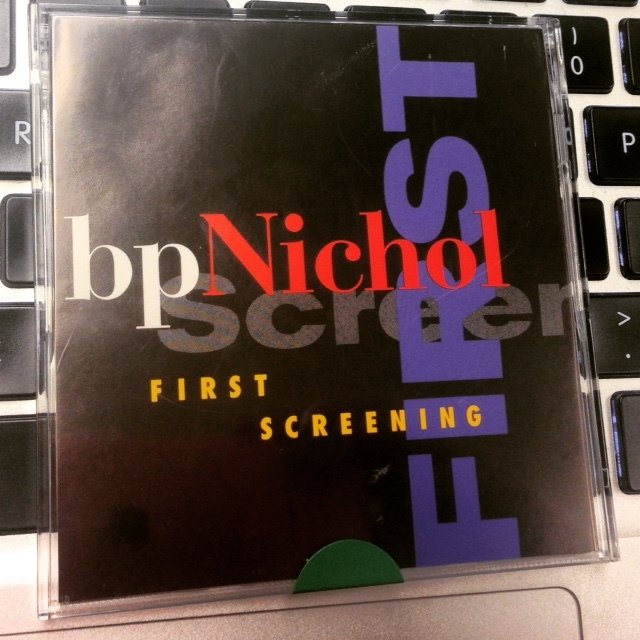
Different from text on a screen meant to look like a page or digitized text
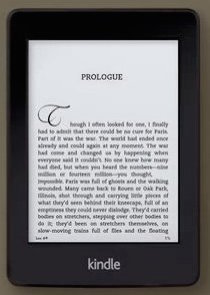
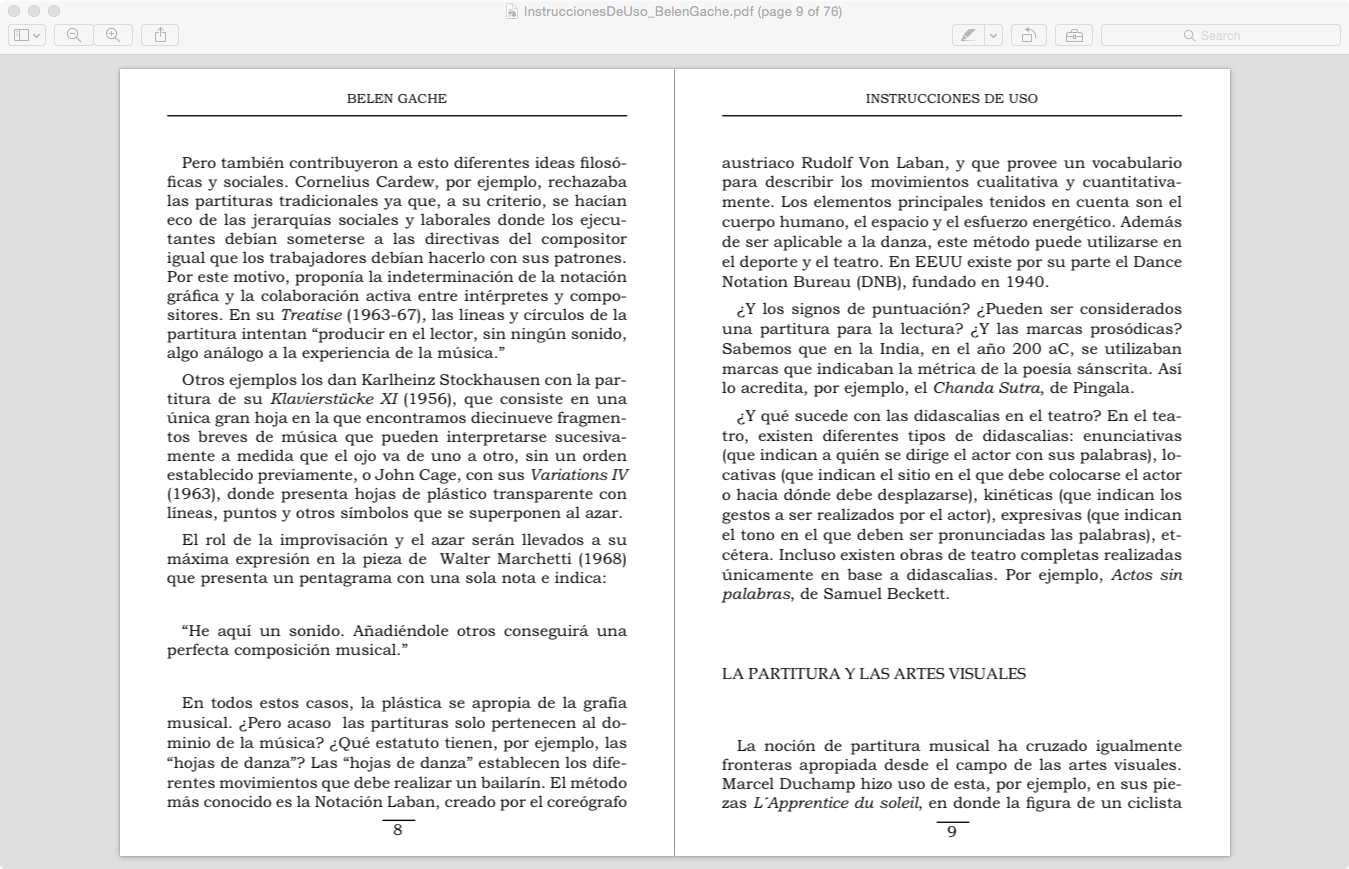
Different from print literature:
- Storage media
- Meaning making systems (sound, image, movement, etc.)
- Reading platform
- Preservation issues
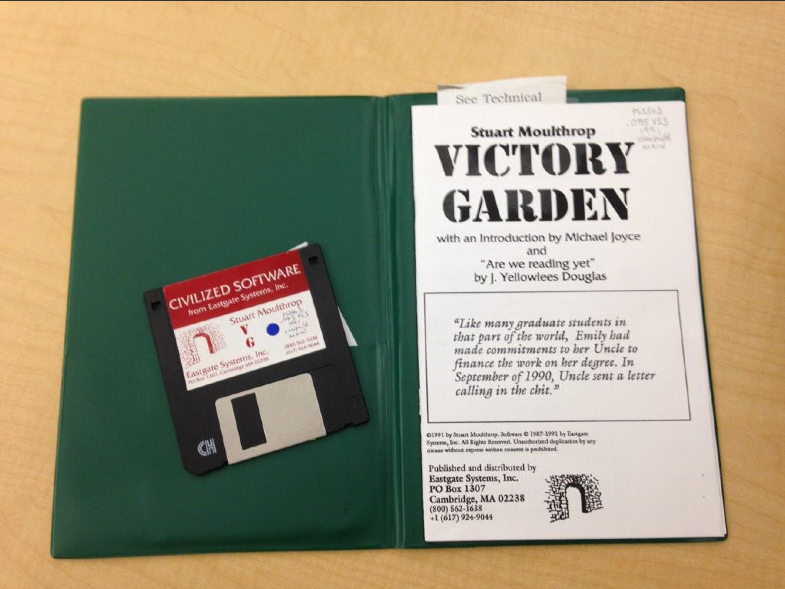
Picture: Dr. Alexandra Saum-Pascual, UC Berkeley
"...electronic literature can be understood as both partaking of literary tradition and introducing crucial transformations that redefine what literature is."
(N. Katherine Hayles, Electronic Literature: New Horizons for the Literary)
-
Digital poetry or e-poetry
-
Hypertext Fiction
-
Interactive Fiction
-
Codework
-
Twitter Bots
-
Generative (algorithmic) texts
Genres of Electronic Literature
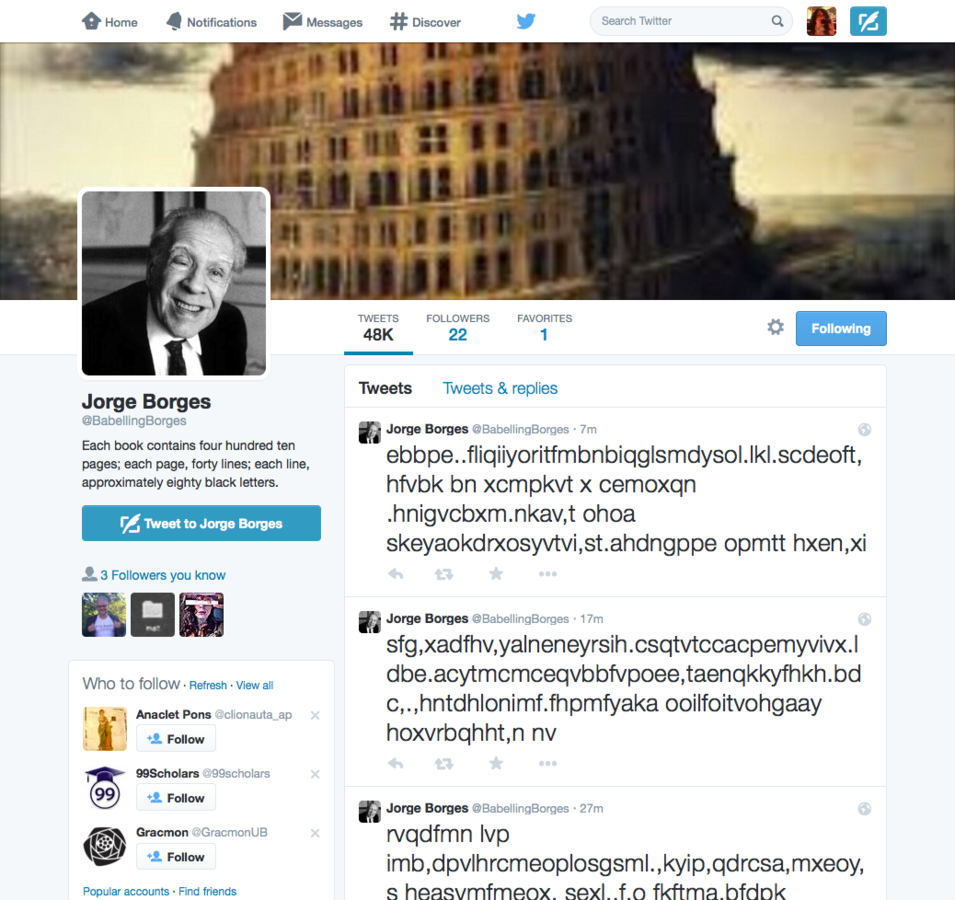
bpNichol, First Screening
http://vispo.com/bp/index.htm
Paul Zelevansky, The Case for The Burial of Ancestors
Artist's book in three volumes and one floppy disk (Apple iie compatible)
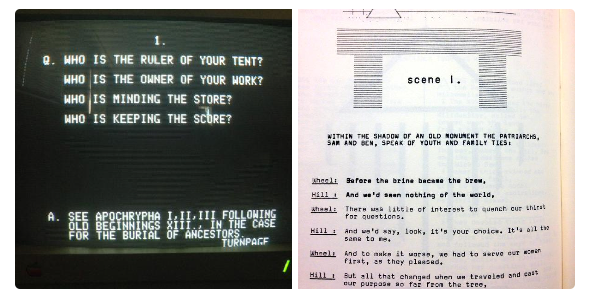
http://greatblankness.com/
Deena Larsen, Marble Springs
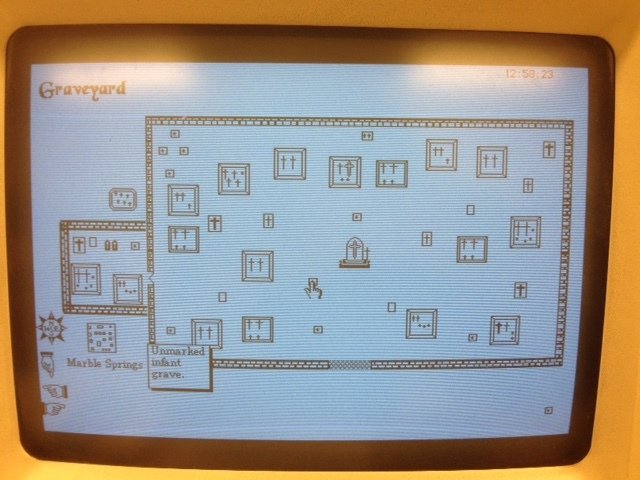
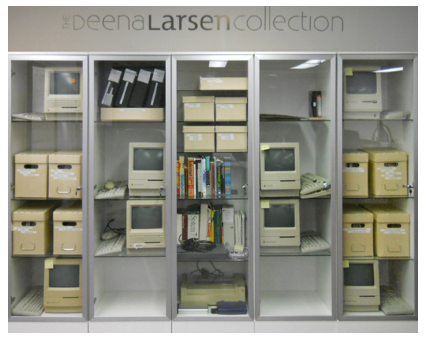
Larsen Collection at MITH
(http://mith.umd.edu/visiting-the-deena-larsen-collection/)
Nick Montfort, Taroko Gorge
http://nickm.com/poems/taroko_gorge_original.html
Stephanie Strikland, Versus Vega
http://www.secrettechnology.com/resident/strickland.htm
Rui Torres, Poemas no meio do caminho
http://collection.eliterature.org/2/works/torres_poemas_caminho.html
Young Hae Chang Heavy Industries, Nippon
http://yhchang.com/NIPPON.html
Mark Sample, House of Leaves of Grass
http://fugitivetexts.net/houseleavesgrass/
Benjamín Moreno, Concretoons
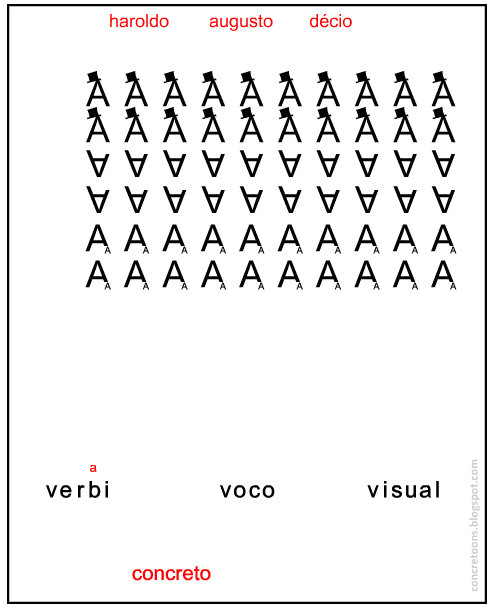
http://concretoons.net84.net/indice.html
J.R. Carpenter, Etheric Ocean
http://luckysoap.com/ethericocean/
Belén Gache, Dedicatoria Espiral
http://belengache.net/gongorawordtoys/gongorawordtoys.html
Jason Nelson, Sydney's Siberia
http://www.secrettechnology.com/sydney/
Literary
Research Issues
-
What do we consider to be literary?
-
Mechanisms of signification beyond the verbal and non-restricted by language
-
Specific literary or aesthetic effects
-
Tension between literary traditions and new languages
Media
-
Cycles of obsolescence and innovation in digital media
-
Preservation and archiving (media archaeology, emulation)
-
Specific media affordances
-
Digital reading practices
Research Issues
Teaching
-
What kind of vocabularies do we teach?
-
What kind of assignments?
-
What teaching materials do we use?
Research Issues
Media
Research Issues
Literary
Teaching
Not independent from each other
Specific Settings and Contexts
Questions?
elikaortega@ku.edu
elikaortega.net
Digital Research and Electronic Literature
By Élika Ortega
Digital Research and Electronic Literature
- 824
